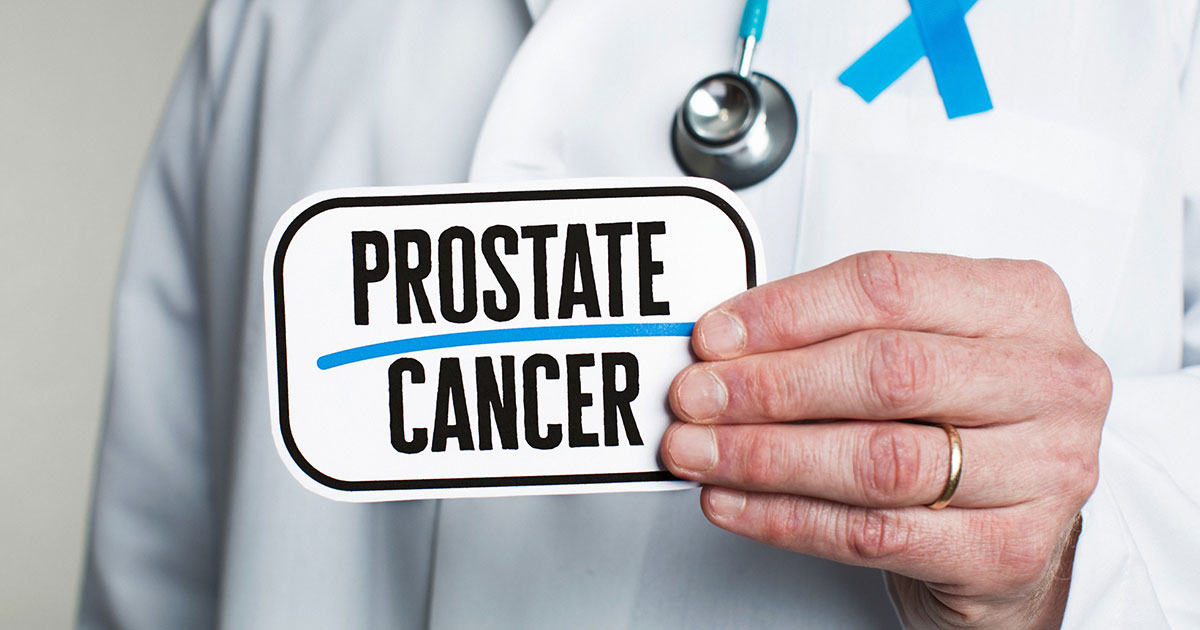
HEALTH: FREQUENT EJACULATION NO GUARANTEE AGAINST PROSTATE CANCER – NAUS

The Association of Urological Surgeons in Nigeria (NAUS) has expressed concern about the recent and continued circulation in the public space of what it labelled as misinformation on social media and mainstream media regarding the link between frequent ejaculation and the risk of prostate cancer.
In a position statement on “Risk of Prostate Cancer and Frequency of Ejaculation” obtained by Vanguard, the executive committee of the NAUS—a professional organisation dedicated to advancing the field of urology in Nigeria—noted that while some studies have explored a potential correlation between increased ejaculation frequency and a reduced risk of prostate cancer, the evidence remains inconclusive, stating that more research is needed to fully understand the connection.
The statement—CAC/TT/No. 125351—dated December 16, 2024, and jointly signed by the Association’s President, Prof. N.K. Dakum, and Secretary General, Prof. Muhammed Ahmed, cautioned that at this time, it is important to interpret the existing evidence carefully, and frequent ejaculation should not be seen as a guaranteed way to prevent prostate cancer.
The Association argued that as a body of experts, it had a sense of duty to clarify the claims to prevent the spread of misleading information regarding ejaculation and prostate cancer risk
The statement reads: The Association of Urological Surgeons, Nigeria (NAUS) has observed with concern the recent and continued dissemination of information on social media platforms and even the mainstream media in Nigeria regarding the relationship between sex/frequent ejaculation and the risk of prostate cancer.
“There is a need, as professionals in the field, to make a statement in that regard to avoid the perpetuation of often misleading and inaccurate statements or conclusions.
“We, therefore, wish to state that while there are studies suggesting a potential association between frequent ejaculation and reduced prostate cancer risk, the evidence is not yet conclusive, and more research is needed to understand the relationship between the two fully.
“For now, caution is advised in the interpretation of the available evidence and this should not be seen as a firmly established remedy to prevent prostate cancer.
“To date, there is no firmly established means of prostate cancer prevention; thus, prostate cancer screening for early detection remains the standard approach. We hope this gives some clarification on this issue.”
According to NAUS, currently, there is no established method for preventing prostate cancer. Early detection through regular screenings remains the most crucial strategy.
NAUS encourages the public to consult with qualified healthcare professionals for accurate and personalised information on prostate cancer prevention and management.
Prostate cancer is a serious health problem in Nigeria and the most common cancer in Nigerian men, making up 11-15.1 percent of all male cancer cases. In Lagos State alone, the rate of prostate cancer among men over 40 is estimated at 1,046 per 100,000.
The death rate is worryingly high, with about 80 percent of Nigerian men diagnosed facing the untreatable phase of the disease with fatal consequences. This troubling fact emphasises the urgent need for better prevention, early detection, and treatment methods.
Among the major challenges are poor awareness, lack of access to screening options, limited healthcare access, sustainable prevention, diagnosis, and treatment strategies tailored to the Nigerian population.
